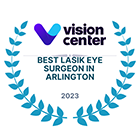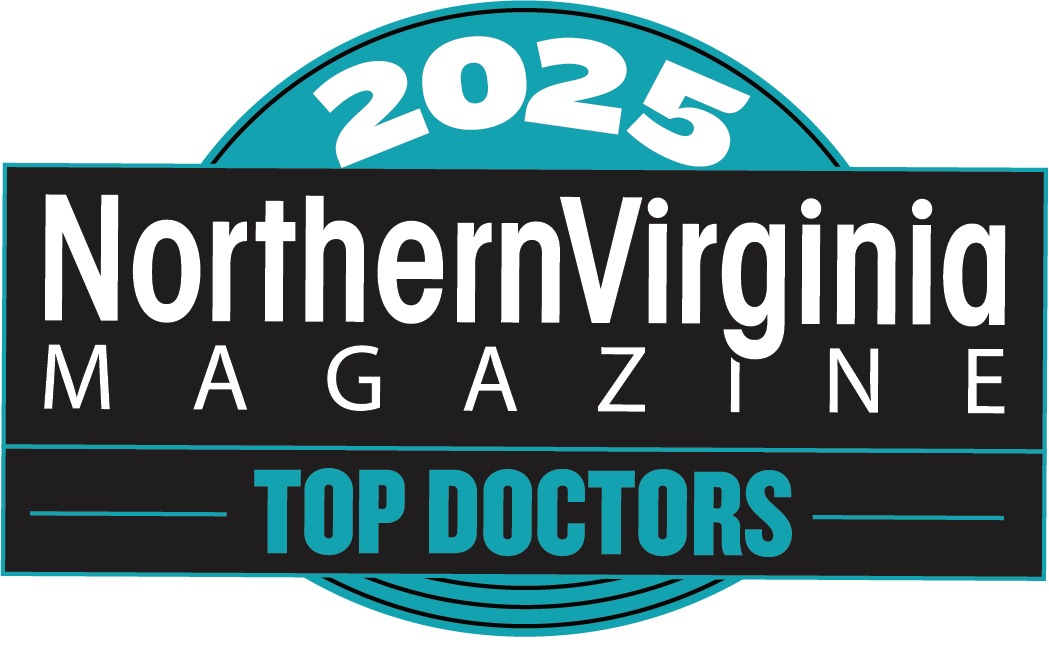
It’s AMD awareness month, and the American Academy of Ophthalmology and Silk Vision & Surgical Center are reminding people with AMD that treatment is possible. Learning about the disease is one of the best ways for you to be aware of the symptoms and get treatment for yourself or a loved one.
What is AMD?
Age-Related Macular Degeneration is a common disease among Americans older than 60. While it causes no pain, it causes sharp, central vision to gradually deteriorate, which hinders patients’ ability to perform certain daily tasks.
There are two types of AMD: dry and wet.
Dry AMD occurs as light-sensitive cells in the macula slowly break down over time, causing gradual vision loss. The three stages of dry AMD are early AMD, intermediate AMD, and advanced dry AMD. Preventative measures and early treatment can help slow or halt patients’ progression through the stages and alleviate symptoms.
Wet AMD involves the growth of weak new blood vessels under the macula (the center of the retina, which is responsible for converting light into images). These blood vessels leak blood and fluid, causing displacement and damage to the macula. Unlike dry AMD, wet AMD can cause large amounts of damage very quickly, and does not occur in stages.
Am I at risk for AMD?
AMD mainly affects older Americans, so the greatest risk factor is age. However, certain traits can make some people more prone to the disease than others. Smoking, obesity, and family history of AMD are all factors that could make you more susceptible to vision loss due to AMD. In addition, white Americans and women are at greater risk than members of other demographics. Keep in mind, however, that regardless of your personal characteristics, all Americans are at risk for AMD as they age.
What symptoms should I look out for?
AMD does not cause pain, so it is important to be aware that there could be issues even if you do not feel as if anything is wrong. Blurred vision, small blind spots, or wavy lines in your vision are important signals that you should consult a doctor.
The best way to combat vision loss due to AMD is to be aware if you are at risk, and to get early treatment if you do have AMD. If you have any questions or would like to schedule a consultation, the expert team at Silk Vision & Surgical Center is here to help.











.png)

